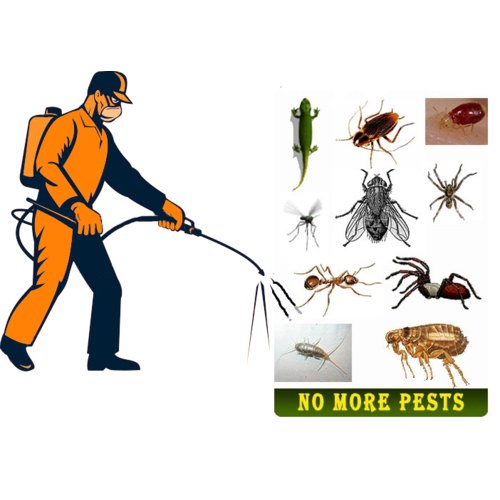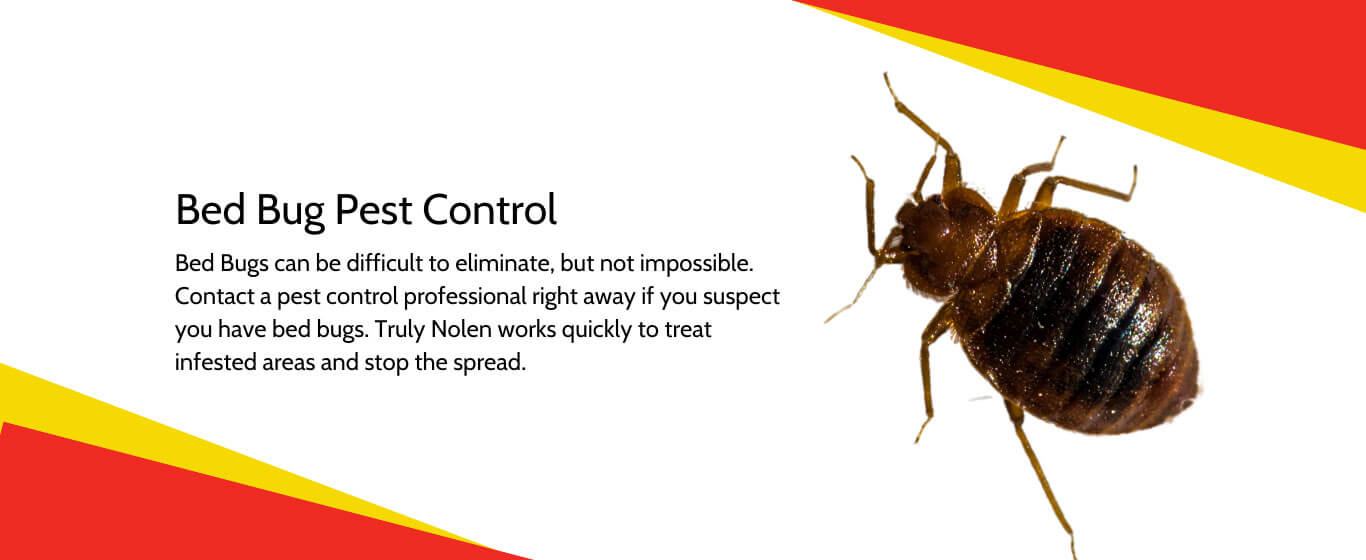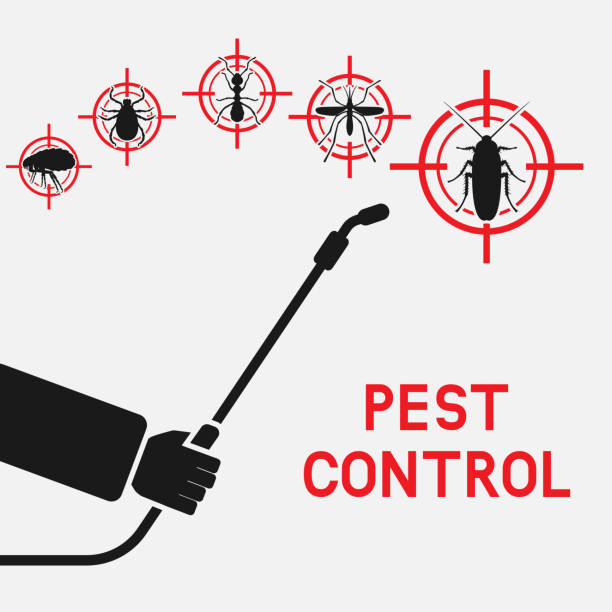Professional Wasp Control Coquitlam: Safe and Efficient Pest Removal
Safe and Reliable Bug Control for Lasting Defense
Efficient insect management requires a multifaceted approach that stabilizes eco-friendly honesty with the requirement for efficient insect suppression. The nuances of these approaches might not be promptly clear, triggering a better evaluation of the practices that can lead to lasting bug control results.
Understanding Pest Control Approaches
Parasite control includes a variety of approaches focused on managing and eradicating undesirable bugs and rodents that can intimidate both wellness and building. Comprehending these methods is crucial for reliable insect management.
The key classifications of parasite control approaches consist of mechanical, biological, and chemical approaches. Mechanical approaches involve physical obstacles and traps to protect against bug entry and capture unwanted varieties. Utilizing displays on windows or employing sticky catches can substantially reduce bug populaces without introducing unsafe substances - exterminator coquitlam.

Chemical pest control is frequently the most acknowledged technique, making use of chemicals to remove parasites. These chemicals can be effective but should be utilized with caution to prevent unfavorable impacts on non-target types and the atmosphere.
Benefits of Eco-Friendly Solutions
Just how can environment-friendly services change insect control methods? The adoption of green bug control techniques offers many benefits, dramatically improving the effectiveness and safety of pest monitoring.

An additional benefit is the positive effect on local biodiversity. Green solutions are made to target certain bugs while preserving useful bugs and wild animals, advertising a well balanced community. This technique lines up with the expanding customer demand for lasting practices, enhancing the credibility of bug control service providers.
Integrated Insect Monitoring Strategies
The implementation of environmentally friendly services naturally causes the adoption of Integrated Insect Administration (IPM) methods, which additionally improve insect control efficiency. IPM is an alternative strategy that incorporates numerous methods to take care of bug populations while reducing environmental impact. This strategy stresses the usage of organic, cultural, mechanical, and chemical controls, guaranteeing a balanced and lasting technique of insect management.
One basic aspect of IPM is the thorough analysis of bug task and environmental conditions. By checking bug populations and determining their life cycles, experts can carry out targeted interventions that disrupt the bug's habitat or lifecycle, decreasing dependence on chemical pesticides. In addition, cultural techniques such as crop turning and habitat adjustment can significantly lessen bug establishment and recreation.
Another crucial website here element is using organic control agents, such as advantageous pests or microorganisms, which can normally subdue pest populations. When chemical applications are necessary, IPM focuses on using low-risk chemicals and uses them precisely, minimizing exposure to non-target microorganisms and humans.
Including IPM techniques not just improves insect control effectiveness yet also advertises a more secure environment, straightening with the expanding need for sustainable methods in parasite monitoring.
Safe Practices for Homeowners
Recognizing the relevance of safe practices in insect control can encourage house owners to effectively handle insect issues while safeguarding their health and the atmosphere. Carrying out non-toxic approaches and safety nets is vital in decreasing direct exposure to hazardous chemicals.
Property owners ought to first analyze their setting for problems that bring in insects, such as standing food, mess, and water waste. Consistently cleaning and sealing entry points can deter bugs from attacking the home. Utilizing all-natural deterrents, such as necessary oils or diatomaceous planet, can offer efficient choices to chemical pesticides.
When chemical treatments are required, home owners should decide for products that are particularly classified as risk-free for domestic usage. It is essential to follow application guidelines carefully to avoid overexposure. Utilizing targeted therapies in areas where insects are identified, instead than blanket spraying, can considerably minimize chemical usage.
Finally, preserving open interaction with insect control specialists is essential. House owners need to ask about the safety of items made use of and request environment-friendly choices whenever possible. By taking on these secure techniques, home owners can produce a much healthier living atmosphere while properly managing insect issues.

Tips for Long-Term Defense
Developing an insect management approach that stresses long-term defense can significantly improve the effectiveness of the risk-free methods formerly gone over. To achieve this, home owners must implement routine inspections of their building, concentrating on concealed areas such as attics, cellars, and crawl areas. Early detection of home and pest inspection insect activity is vital in stopping invasions from taking hold.
In addition, preserving a clean atmosphere is vital. This includes correct food storage space, quickly cleansing spills, and regularly throwing away garbage. These methods reduce attractants that attract pests right into the home. Furthermore, sealing access points, such as splits around windows and doors, can effectively block possible insect gain access to.
Landscape design needs to additionally be taken into consideration; keeping plants cut and maintaining a range in between greenery and the home lessens concealing spots for parasites. Using all-natural deterrents, such as important oils or diatomaceous earth, can further discourage infestations without turning to harsh chemicals.
Lastly, working together with a professional insect control service for routine assessments can offer an added layer of protection. These professionals can offer customized recommendations and progressed therapies, ensuring that your home continues to be shielded against insects in the long-term.
Conclusion
In conclusion, trustworthy and risk-free bug control needs a that site complex method that highlights green methods and integrated insect monitoring. By implementing all-natural deterrents, carrying out regular evaluations, and preserving correct hygiene, homeowner can dramatically lower pest populations while securing advantageous bugs and the environment. Partnership with professional pest control solutions improves the performance of these techniques, making certain customized services that give long-term security and tranquility of mind versus future problems.
Efficient bug administration requires a diverse strategy that balances environmental honesty with the requirement for reliable bug suppression. The adoption of green insect control approaches supplies numerous benefits, significantly boosting the effectiveness and safety of pest administration.The execution of green services naturally leads to the fostering of Integrated Bug Management (IPM) approaches, which better enhance insect control efficiency. exterminator coquitlam. By monitoring bug populations and recognizing their life cycles, specialists can implement targeted treatments that interfere with the insect's habitat or lifecycle, decreasing reliance on chemical pesticides.In final thought, dependable and safe insect control calls for a diverse approach that highlights environment-friendly methods and incorporated pest management